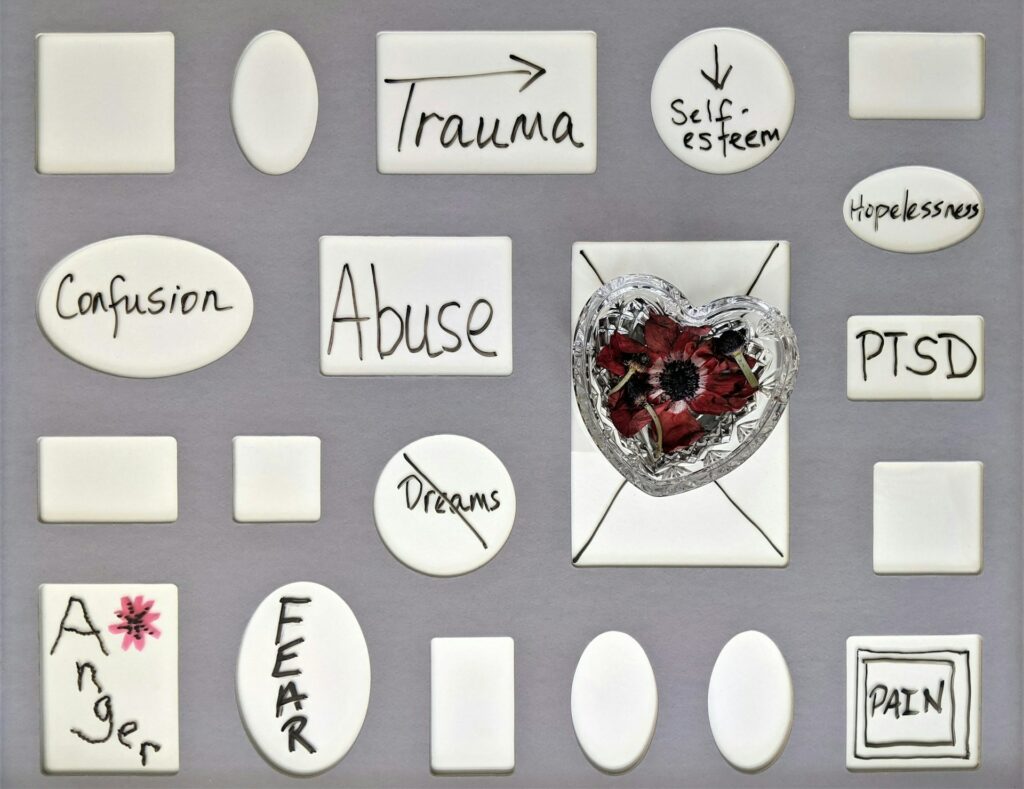“Unexpressed emotions will never die. They are buried alive and will come forth later in uglier ways,” the father of psychoanalysis Sigmund Freud once said. Pay particular attention to the difference between the root word “expressed” and its counterpart “repressed” when applying them to trauma. Expressed trauma is at the surface and measurable as evidenced in SAMHSA’s statistic that over two-thirds of youth have expressed at least one traumatic incident before age 16.
On the contrary, repressed trauma is a defense mechanism where the mind pushes traumatic events into the unconscious, thereby burying it and making it harder to detect and quantify in populations. When past trauma is not verbalized by teens, it is imperative that parents look for the following four signs as potential evidence that a teen has repressed trauma and needs help.
1- Disruptive, Impulse Control Conduct Disorder
Have you noticed any of these behaviors in teens: Getting into fights at school, exaggerated outbursts, destroying property, running away from home, abusing one’s partner in a relationship? These could be indicators that the teen has suppressed the trauma of suffering from parental divorce/loss of a loved one, witnessing domestic violence, or emotional/physical/sexual abuse. These behaviors are often signs of intermittent explosive disorder, oppositional defiant disorder and disruptive mood dysregulation disorder, in which individuals do not regulate their emotions the same as others but rather respond with intense emotions.
2- Depression and Anxiety Disorders
Consider incidents where teens have repressed the trauma of peer or parental rejection and later experience extreme insecurity and victimization. You may observe the depressive signs of social isolation and avoidance. Also, when teens have suppressed the trauma of betrayal, abandonment, or abuse, they often develop feelings of mistrust and exhibit the anxiety symptoms of social phobia and panic disorder.
3- Substance-Related and Addictive Disorders
Consider this alarmingstatistic reported by the National Center for Drug Abuse Statistics: In 2020, 788,000 U.S. teens ages 12 to 17 were diagnosed with illicit drug use disorder. According to published studies, three substances are known to impair memories: nicotine, cocaine, and alcohol. Teens experiencing post-traumatic stress or PTSD-triggered anxiety often use these substances as forms of self-medication.
Disrupting how the success of tech sales reps is measured(Opens in a new browser tab)
4- Self-Destructive Behaviors
Self-destructive behaviors occur when individuals use physical means to numb their emotions. One major form of self-destructive behavior in teens is risky sexual behavior that could be the result of repressed sexual trauma. Another example is an eating disorder such as anorexia, bulimia, binge-eating disorder, and obesity, which researchers have attributed many of these cases to punishing one’s body out of guilt for a repressed sexual trauma. Even worse, teens may exhibit self-harm such as cutting and even suicide attempts, which could be triggered by repressed physical abuse or bullying.
Of main value, recovering unresolved trauma in teens is vital for healing to take place. Consider consulting an organization that provides youth crisis services for teens who are exhibiting any repressed trauma warning signs. It’s important to seek professional help as soon as possible for your teen so the trauma doesn’t develop further.
